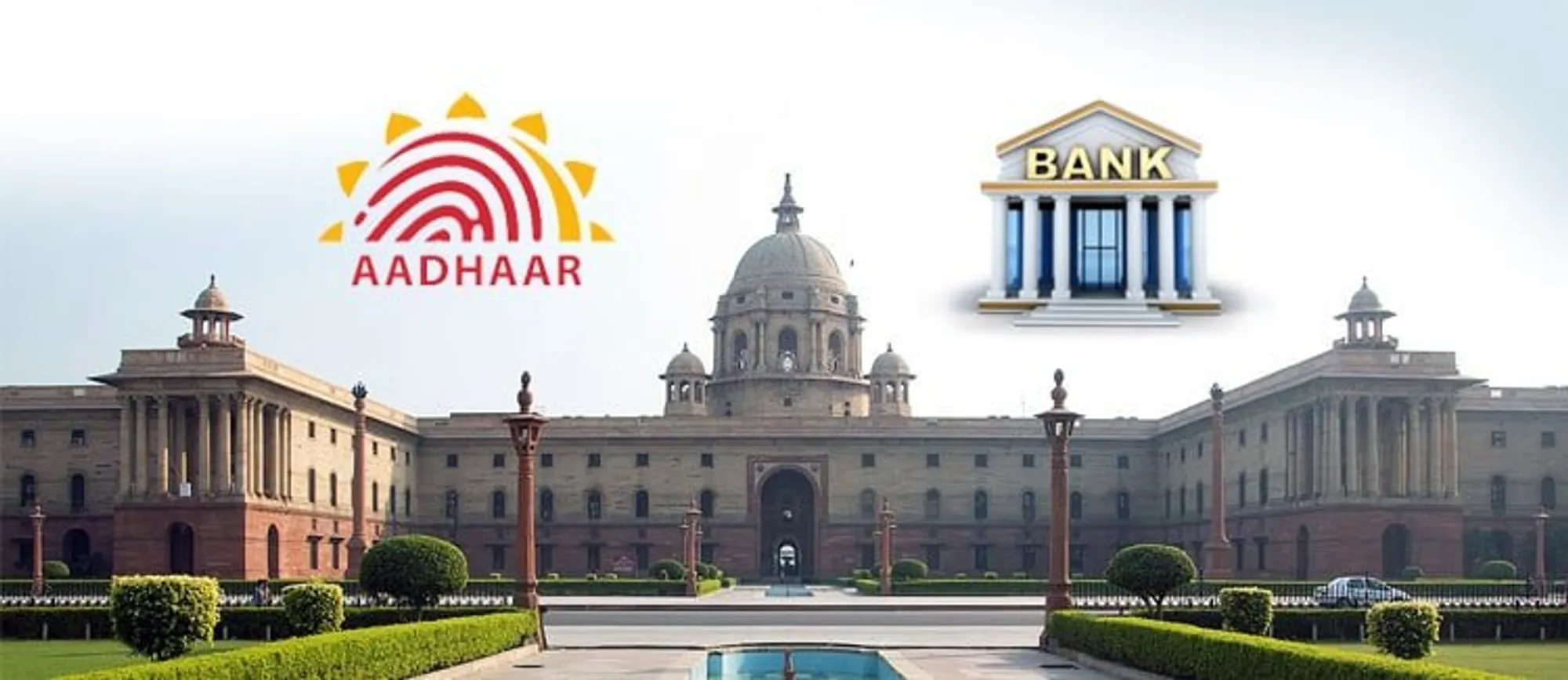The Supreme Court has ordered that citizens do not need to link their Aadhaar numbers with a range of services, including bank accounts, mobile phones and passports, for the time being. The top court said that a biometric ID is obligatory for accessing social welfare schemes and subsidies, but until it decides whether the government’s demand for Aadhaar is associated with private and public services, it is a violation of the right to privacy; the 12-digit unique number given to each citizen does not need to be linked to other services.
India launched Aadhaar, now the world’s largest biometric database, in 2009 to streamline welfare payments and decrease wastage in public spending.
Since then, the government has been keen mandate the to use Aadhaar for everything from filing income taxes to registering mobile phone numbers and booking train tickets. Aadhaar is now mandatory for welfare, pension and employment programs. In January, Aadhaar was made compulsory not only for the renewal of the passport but also for new passports issued within three days in the “Tatkaal” category – an order contested by Attorney Vrinda Grover.
Deadline of March 31, previously declared for linking bank accounts and cell phones with Aadhaar, has been extended until it decides whether the Aadhaar Act is illegal.
On 7 March, a five-judge constitution bench headed by India’s Chief Justice Dipak Misra said it might not be possible to take a call on the petitions by 31 March. It is unlikely that an order will be issued before the top court goes on vacation in May, lawyers say.
Activists and technology experts have expressed concerns about data confidentiality and security of date, biometrics vulnerability to failure, and misuse of data for profiling or increased surveillance.
A group of petitioners have asked the Supreme Court to declare the government’s insistence on disclosing Aadhaar as a violation of the right to privacy. In August 2017, Supreme Court ruled that privacy is a fundamental right, but made it clear that the decision on Aadhaar’s constitutional validity would be taken separately.
The government says that the Supreme Court has accepted in this ruling that privacy is a fundamental right, but subject to reasonable restrictions.
Experts are concerned about repeated information breaches and say that the ID card links enough data to create a complete profile of a person’s spending habits, their friends, their property and a wealth of other information.

